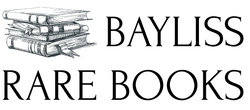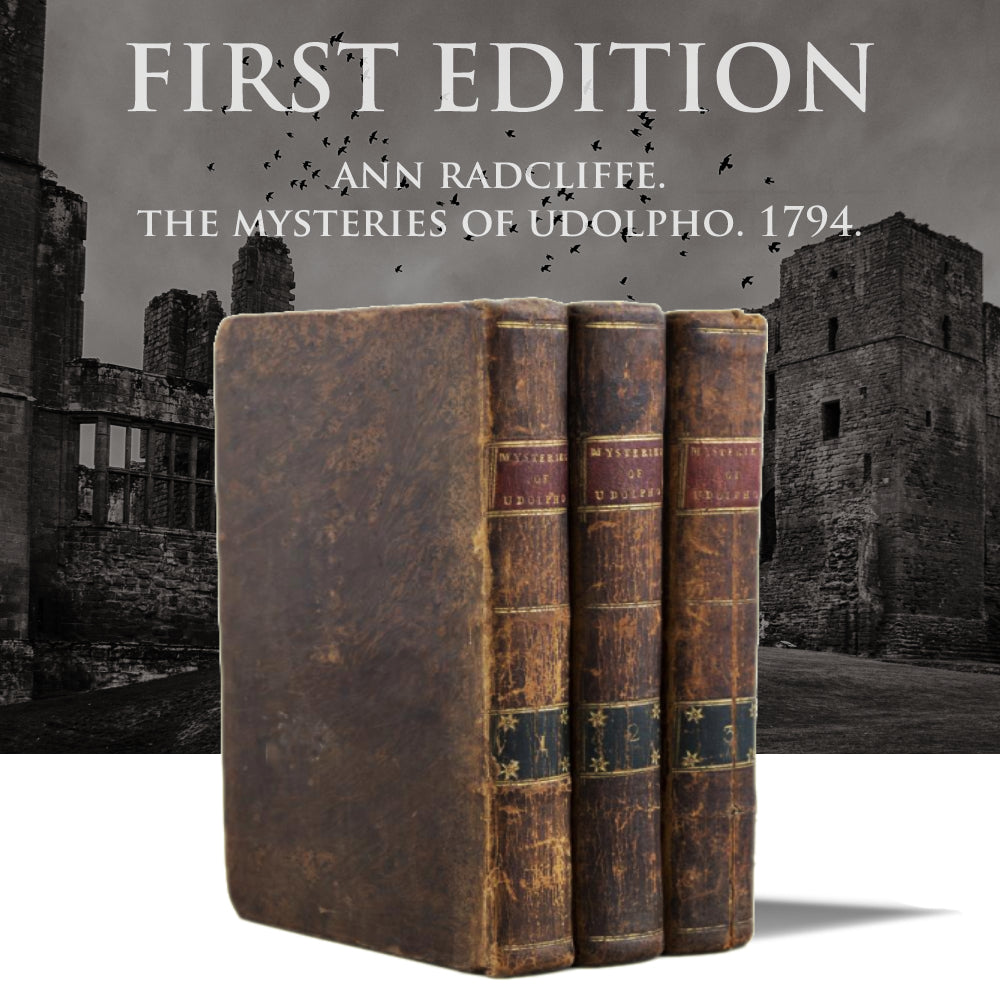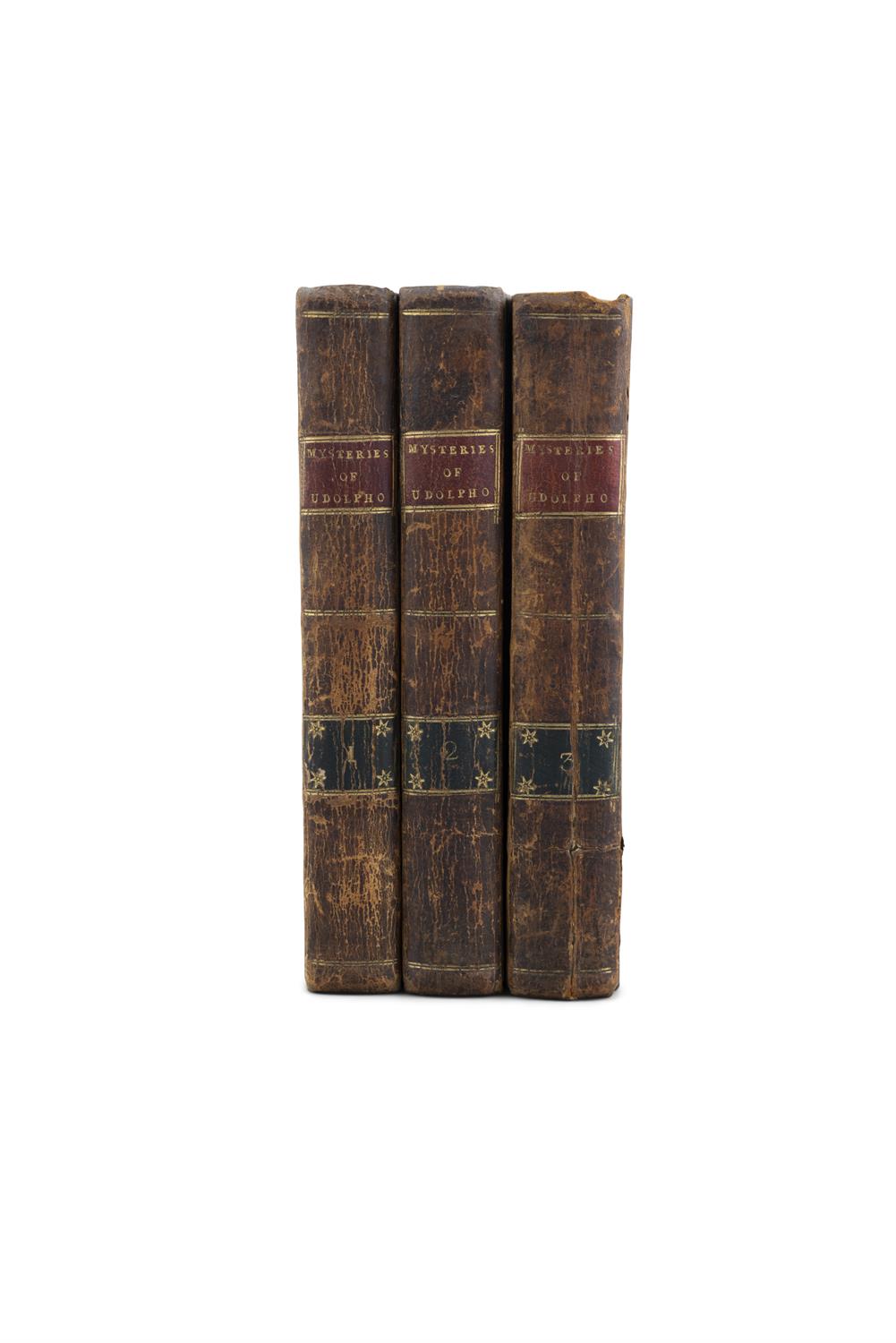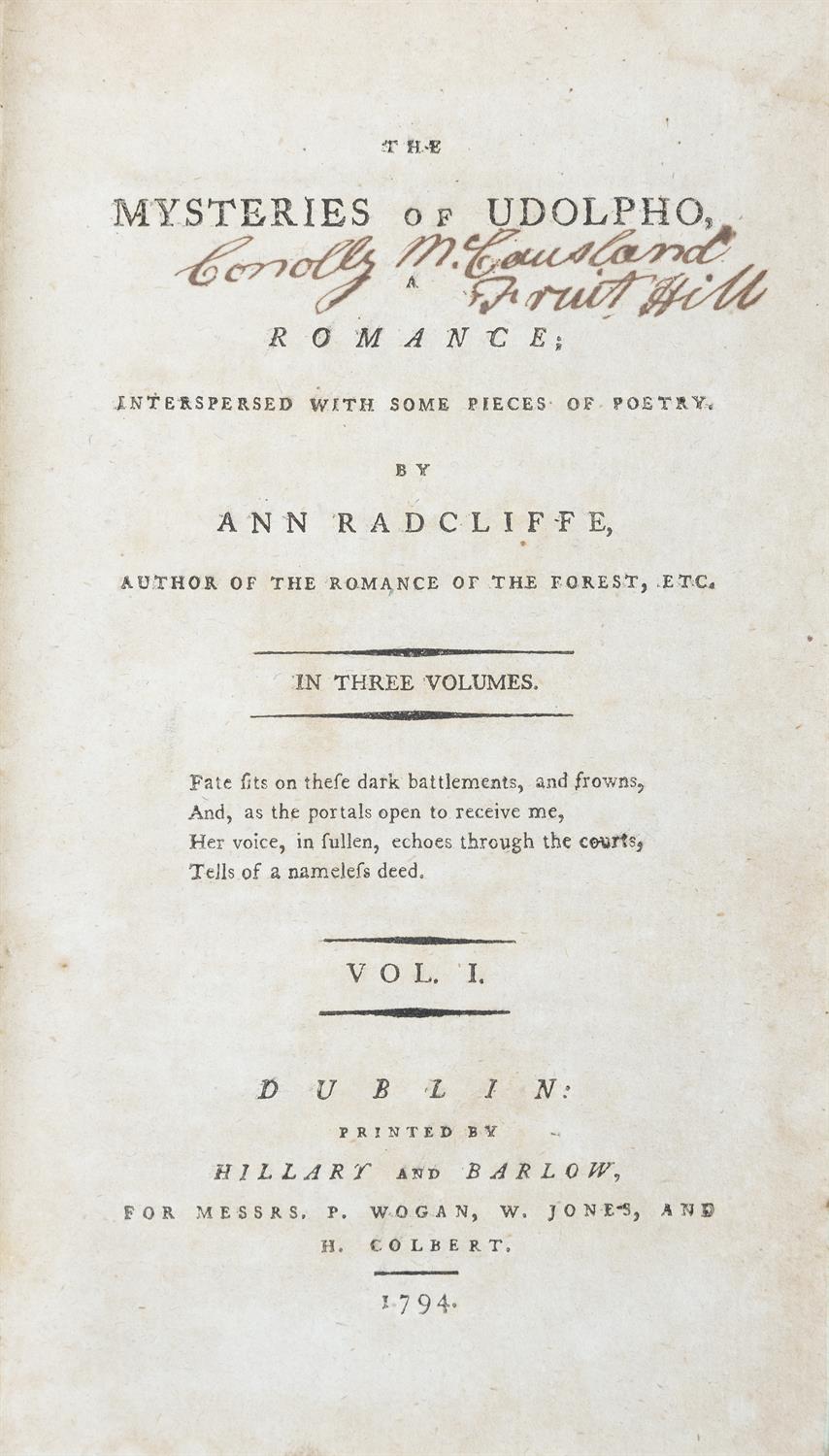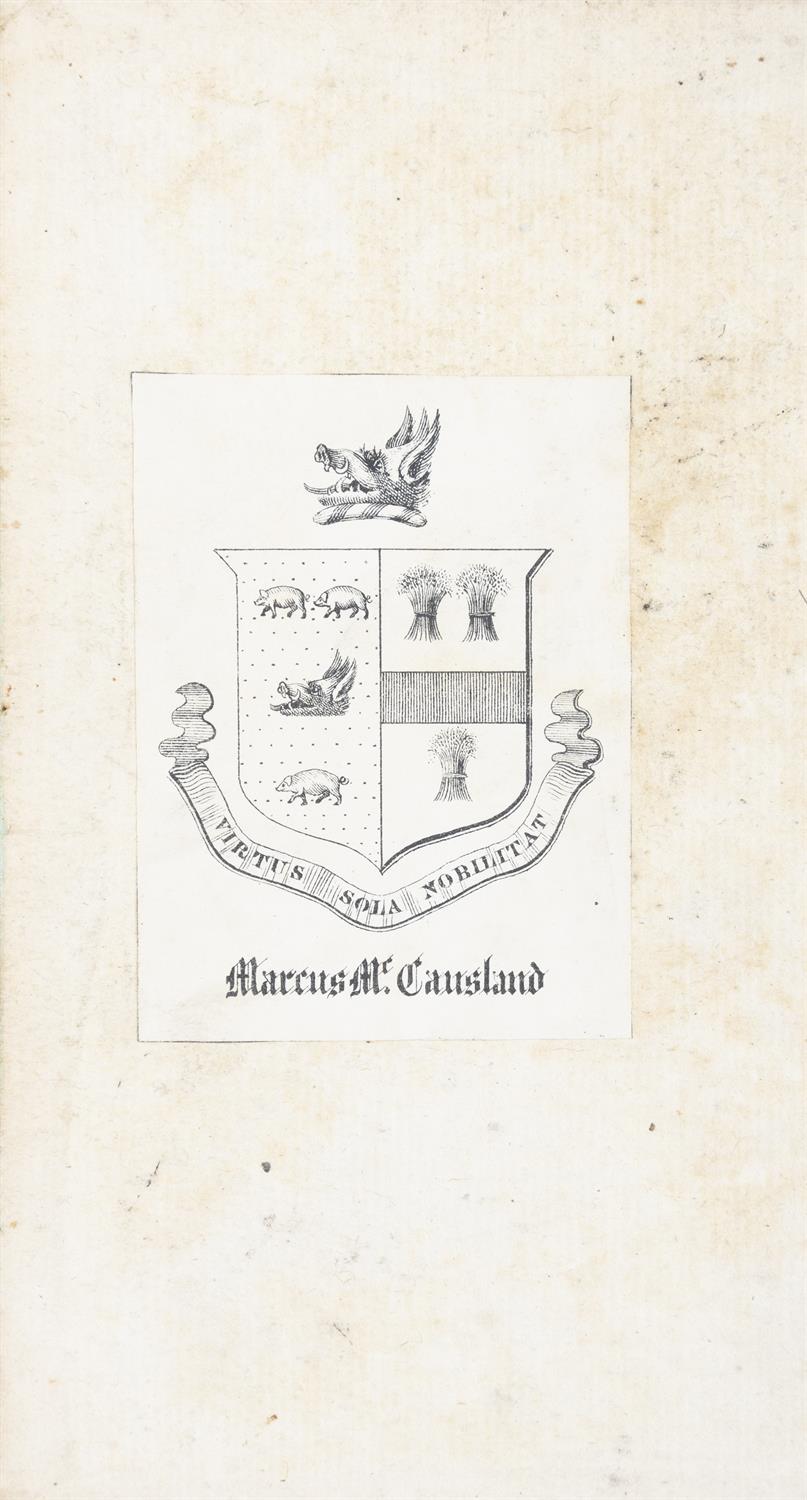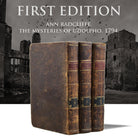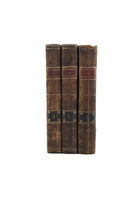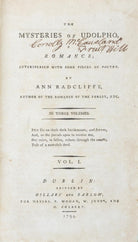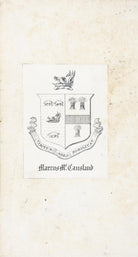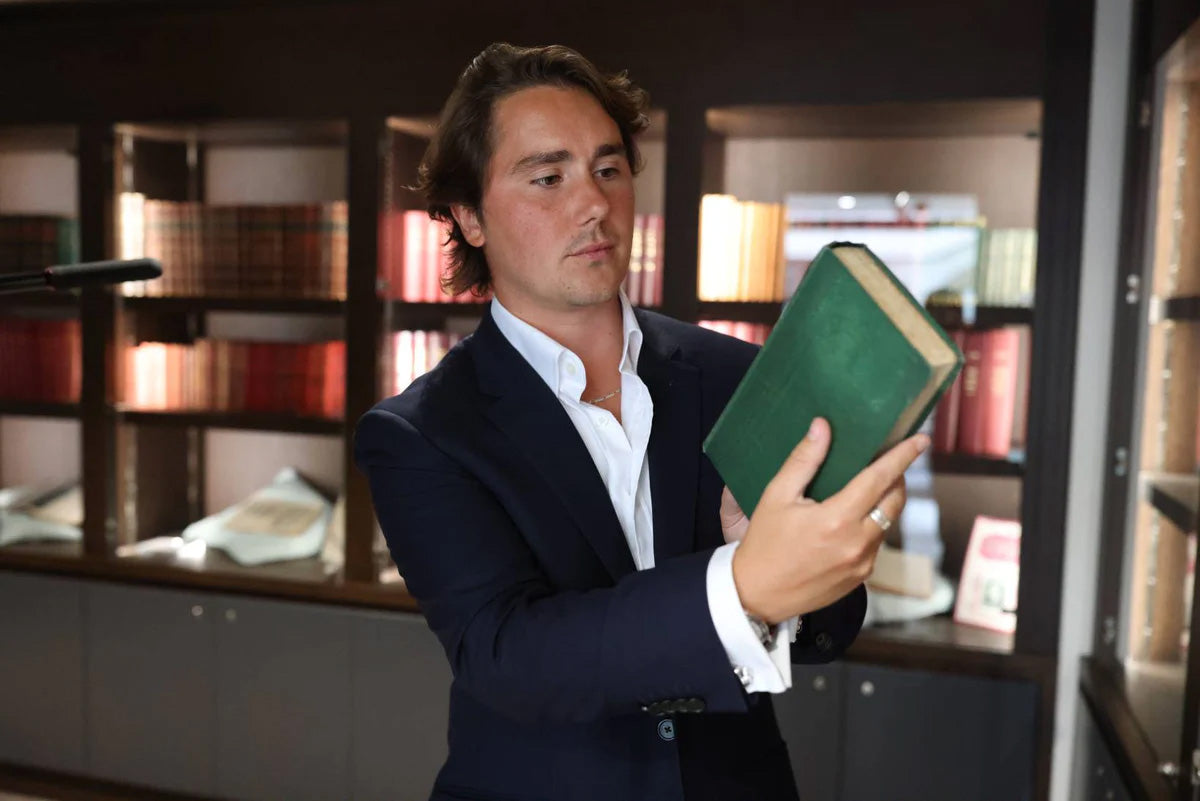The Mysteries of Udolpho | 1794, first edition of one of the most important Gothic texts, 3 vols.
Couldn't load pickup availability
This example was featured recently in The Washington Post. Learn more here.
The rare first Dublin edition (published in the same year as the true first) of Ann Radcliffe's The Mysteries of Udolpho from 1794. A key text in the development and history of Gothic fiction - it is hard to stress the importance of Radcliffe's creation. Not only is it one the most important novels of the late eighteenth and early nineteenth centuries, but also one of the most important novels ever published.
Set in France and Italy in the late sixteenth century, it tells the story of Emily St Aubert, a beautiful and virtuous heroine who suffers a series of extravagant and highly dramatic misadventures including the death of her mother and father, supernatural terrors in a gloomy castle, and the machinations of a violent Italian brigand. Published in 1794, it became a literary sensation with its extravagant plot, overheated prose and naïve heroine.
Rather brilliantly, The Mysteries of Udolpho appears prominently in Jane Austen's 1817 satire Northanger Abbey, where an impressionable young woman reader comes to see friends and acquaintances as Gothic villains and victims. Udolpho was ripe for satire in Austen's eyes!
An exceedingly scarce first edition and one that is a cornerstone of any serious collection.
Provenance: Inscribed by Conolly McCausland of Fruit Hill (later Drenagh) and later the bookplate of his son, Marcus McCausland. Learn more about the family here.
First Dublin Edition (The first Dublin edition was published in the same year as the true first edition) first impression, small octavo 3 vols, the title pages inscribed in pen 'Conolly McCausland, Fruit Hill' later bookplate, bound in tree calf, spine in gilt with lined compartments and crimson and black labels lettered in gilt (slightly worn). Minor wear to the binding. Fore Edges in blue Internally surprisingly fresh given its age with minor foxing throughout. A near-fine example.
Published by Hillary and Barlow; Thomas Burnside; Brett Smith, Dublin, for Messrs. P. Wogan, W. Jones, and H. Colbert., 1794
